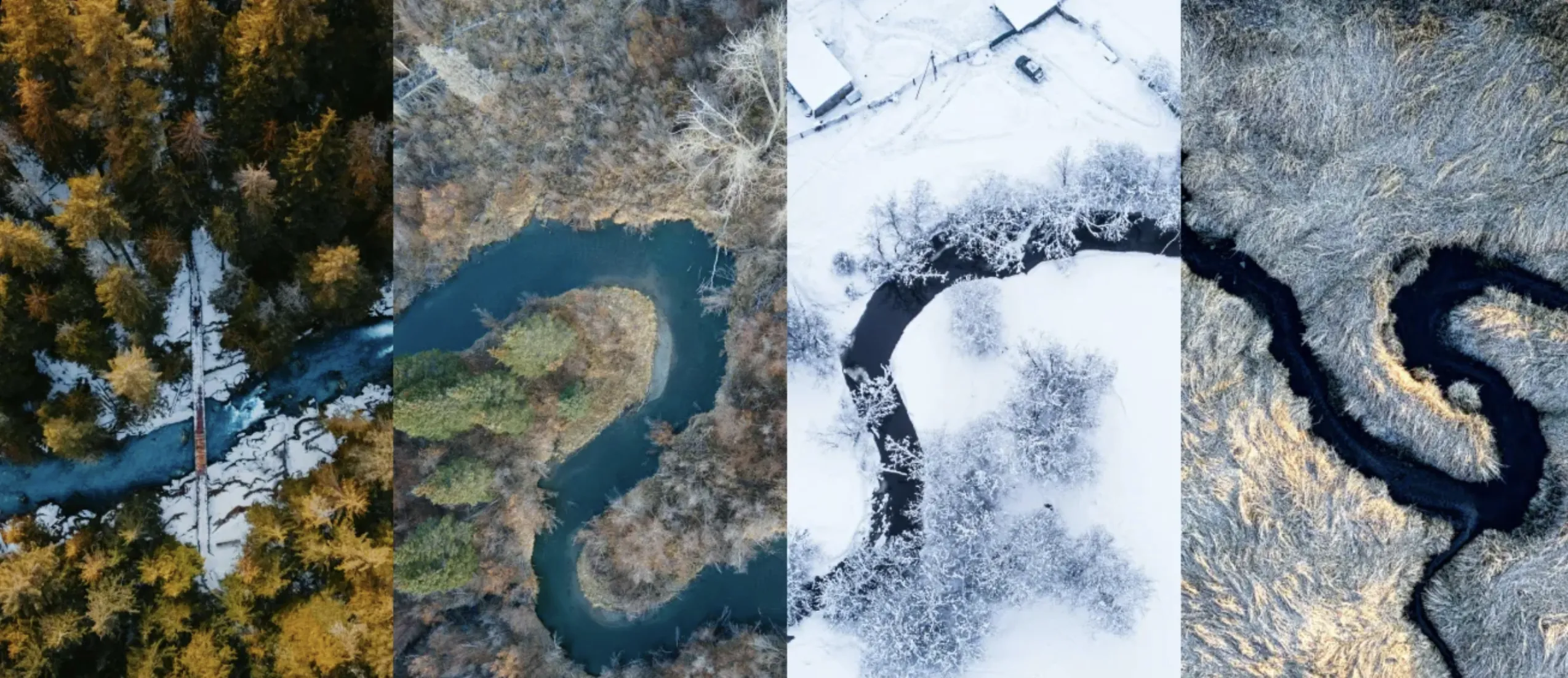October 4, 2024
Simply adding ground limestone to rivers and oceans could decrease global warming, but the challenges are many

Rivers naturally deliver carbon to the ocean, preventing it from entering the atmosphere. (CarbonRun graphic)
Scientists aim to fight global warming by adding ground limestone to oceans and rivers, report Brad Plumer and Raymond Zhong of The New York Times. The Earth's water sources "contain carbon dioxide that is constantly escaping into the air, where it traps heat and warms the planet. Adding limestone converts some of that carbon dioxide into a stable molecule that instead stays underwater and washes into the sea, where it should remain trapped for thousands of years."
Oceans already play a big part in removing carbon dioxide from the atmosphere. "By speeding up that process, scientists believe even more carbon could be packed into those watery depths," the Times reports. "One idea is known as alkalinity enhancement, which involves adding limestone, magnesium oxide or another alkaline substance to rivers and oceans, changing their chemistry in a way that makes them soak up more carbon dioxide."
The company, CarbonRun, is putting the new science to the test, with its first limestone silo under construction in Nova Scotia. Later this year, "the machine will grind up limestone inside a tall green silo and release the powder into the nearby West River Pictou, creating a chalky plume that should dissolve within minutes," Plumer and Zhong explain. With the addition of powdered limestone, the water will do the rest. "Scientists estimate that similar methods deployed in oceans could remove billions of tons per year."
Despite its promise, the technology faces challenges from nature and unanswered questions. While dumping ground limestone in a river may be successful, full-scale drops into oceans would be more complex and require massive amounts of ground limestone. The Times reports, "toying with ocean chemistry also carries unknown risks. Some environmental groups worry that even early experiments with these techniques could threaten fish and other aquatic life."
To mitigate environmental pushback, CarbonRun’s founders are "proving that adding limestone to rivers doesn’t just take carbon out of the air — it can also safely benefit local ecosystems," Plumer and Zhong add. "It’s relatively straightforward for CarbonRun to show that adding limestone to rivers converts some carbon dioxide into a stable bicarbonate. . . .The harder part is mining and moving the limestone cheaply."